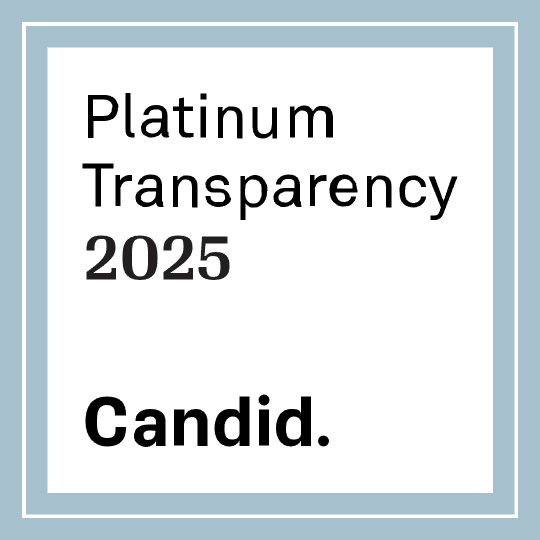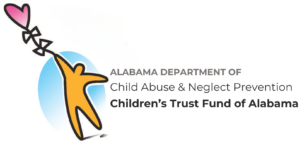An important part of fighting against racism and social justice involves taking a look at the historical roots of racism in the United States as well as how racism still plays a role in the United States today. Unfortunately, the justice system is not the only institution guilty of racism and complete disregard for the health of African American communities. Many sects of corporate and retail America, including the tobacco industry, are guilty of racial profiling and deceptive marketing.

In honor of Black History Month and to better understand the role the tobacco industry has played in systemic racism in our society, let’s take a look at the ways tobacco companies have deliberately targeted the black community and other minority populations.
Racial Profiling in the Tobacco Industry
According to the Truth Initiative, the tobacco industry has a long history of profiling minority communities and strategically marketing to these communities. Even though white people and black people smoke at similar rates, there are up to 10 times more ads for tobacco in primarily black neighborhoods than in other neighborhoods.[1]
While the placement of these ads is no coincidence, the content of the ads is not, either. For instance, the Truth Initiative claims that nearly 90% of black smokers smoke menthol cigarettes.[2] According to the CDC, some research shows that menthol cigarettes are actually more addictive than non-menthol cigarettes. Menthol cigarettes may also be more harmful, because menthol makes it easier to inhale the smoke deeply and absorb more toxic chemicals in the body.[3]
Internal industry documents found that both Phillip Morris and RJ Reynolds, which are two of the leading Big Tobacco companies, acknowledge that targeting black people with menthol cigarettes is no accident. The following are direct quotes from industry documents:
Philip Morris: “Marlboro would probably have a very difficult time getting anywhere in the

young black market. The odds against it there are heavy. Young blacks have
found their thing, and it’s menthol in general and Kool in particular.”
RJ Reynolds: “Since younger adult Blacks overwhelmingly prefer menthol cigarettes,
continued emphasis on Salem within the Black market is recommended.
Salem is already positioned against younger adults. With emphasis on the
younger adult Black market, Salem may be able to provide an alternative to
Newport and capitalize on Kool’s decline.”[4]
Targeting black people with menthol cigarettes that are more addictive, more harmful, and harder to quit is not the only way the industry is guilty of racial profiling. Several studies conducted between 2010 and 2015 found that there is a greater density of tobacco retailers near schools in minority and low-income communities compared to majority white or high-income communities. Some of these stores were also less likely to request age identification upon purchase if the neighborhood was majority African American.[4]
Appealing to The Black Community Through Positive Branding
While the tobacco industry infamously targets minority communities with excessive advertising and strategic store and product placement, they also use branding to disproportionately target minority communities.
For instance, Tobacco Free Kids explains that many ads in black communities and publications feature certain slogans, messages, or designs that appeal to the black community. Even though the media, in general, has not always shown people of color in a positive light, cigarette ads are more likely to portray black people in their ads who are happy, successful, wealthy, and attractive to appeal to that community.[4]
Despite the harm that they are doing, tobacco companies have sponsored majority-black events and worked with black social justice leaders to appeal to this community. In June 2020, amid the nationwide George Floyd protests, Altria, one of the world’s largest producers and marketers of tobacco products, donated $5 million to organizations that address systemic racism. However, critics were quick to point out the company’s hypocrisy as they continue to purposefully target African Americans in their advertising.[5]
Disproportionate Numbers Tobacco-Related Deaths in the Black Community
Portraying healthy, happy, and independent people in cigarette ads is quite the paradox. After all, two tobacco-related diseases, heart disease and cancer, are the top two leading causes of death among people in the black community.[6] The ads often portray people, who are happy and healthy, while simultaneously selling a product that kills.

Even though black and white people smoke at similar rates, black people smoke fewer cigarettes per day, but are more likely to die from a tobacco-related disease than white people.[3] The rate of mortality attributed to smoking cigarettes is also 18% higher for black people.[6]
There are many reasons why black people are more likely to fall ill from a tobacco-related disease. Most reasons come down to socioeconomic disparities that make it harder for people in black and low-income communities to quit smoking, and make it more difficult to access adequate preventative healthcare.[7]
Fight Back Against Big Tobacco and Their Marketing Techniques
Big Tobacco is notorious for marketing to some of the most vulnerable and oppressed demographics – children, teenagers, people of color, Hispanics, and other minority groups. They have also knowingly used clever advertising tactics to earn the money of their target customers time and time again. So, what can you do, to fight back against big tobacco?
The best thing you can do is simply not buy or use any of their products. If you smoke or vape, start taking steps to quit. If your friends and family smoke, encourage them to quit, too, or offer your assistance if they need help quitting. And, most importantly, never stop using your voice to speak up against racism in your community.
References:
- https://truthinitiative.org/research-resources/targeted-communities/tobacco-social-justice-issue-racial-and-ethnic-minorities
- https://truthinitiative.org/research-resources/targeted-communities/why-tobacco-racial-justice-issue
- https://www.cdc.gov/tobacco/disparities/african-americans/index.htm
- https://www.tobaccofreekids.org/assets/factsheets/0208.pdf
- https://truthinitiative.org/research-resources/tobacco-industry-marketing/how-tobacco-and-vaping-companies-are-exploiting
- https://smokingcessationleadership.ucsf.edu/raceethnicity
- https://www.ncbi.nlm.nih.gov/pmc/articles/PMC3606656/









